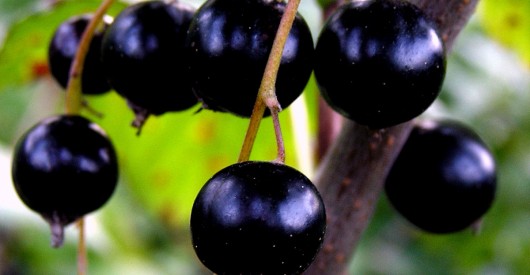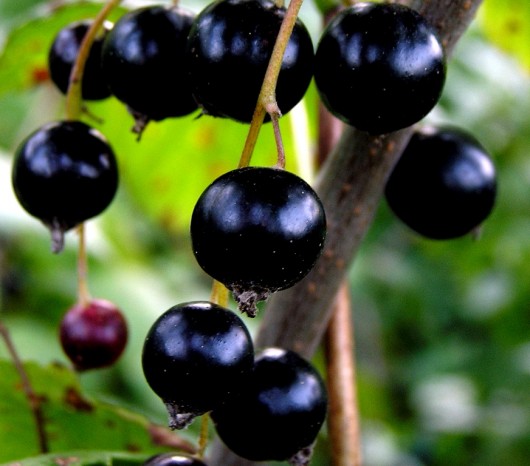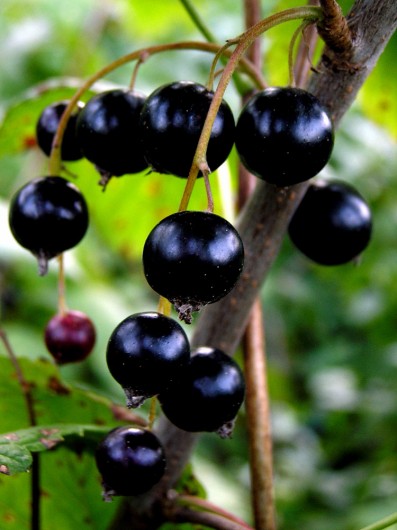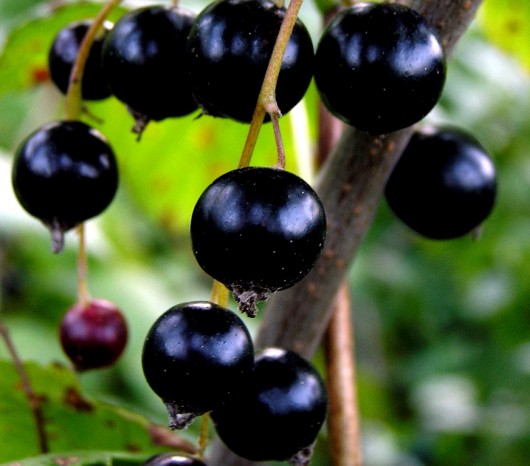Best Blackcurrants For Blackcurrant Juice And How To Choose Them
Blackcurrants are packed with Vitamin C and the juice has many medical advantages, which is why many juicers love them. They can pose some difficulties during juicing, however, as they can easily clog the mechanism of some machines. It’s best to juice blackcurrants at a low speed or use a manual juicer.
What are the Best Blackcurrants for Juicing?
Blackcurrants are a summer berry that somewhat resembles a dark cherry. They become available in mid June. The most common varieties for juicing are the Ben Avon and Ben Dorain. These hybrids have a higher concentration of Vitamin C than other varieties, making them some of the best blackcurrants for juicing.
Blackcurrants are not as easily accessible in a grocery store as many other types of fruit, so you may need to visit a health food store or find someone who grows them locally. They are more common in England than America, but they are fairly easy to grow and it’s possible to grow your own in the US.
Most commercial blackcurrants are grown in New York, Connecticut and Oregon, so they are easiest to obtain in those states. As they gain in popularity for their health benefits, they may become more popular in markets across the country.
How to Choose Blackcurrants at Market
If you’re picking off the vine, the easiest way to test the ripeness of a blackcurrant is to taste it. They sweeten as they ripen, so once the fruit is sweet enough it can be harvested. Blackcurrants are harvested in bunches, with each branch of the shrub being cut away to trim the plant and harvest the berries. All berries on a single branch should be roughly equal in ripeness to each other.
If you’re shopping in the market, you should look for firm fruits without soft spots or blemishes. They should be very dark in color; a light berry will not be sweet enough and was picked immaturely. The berry should not be too soft for the touch. If you’re buying it in a package and cannot test its firmness, base your purchase on the berry’s color and lack of any visible blemishes.



